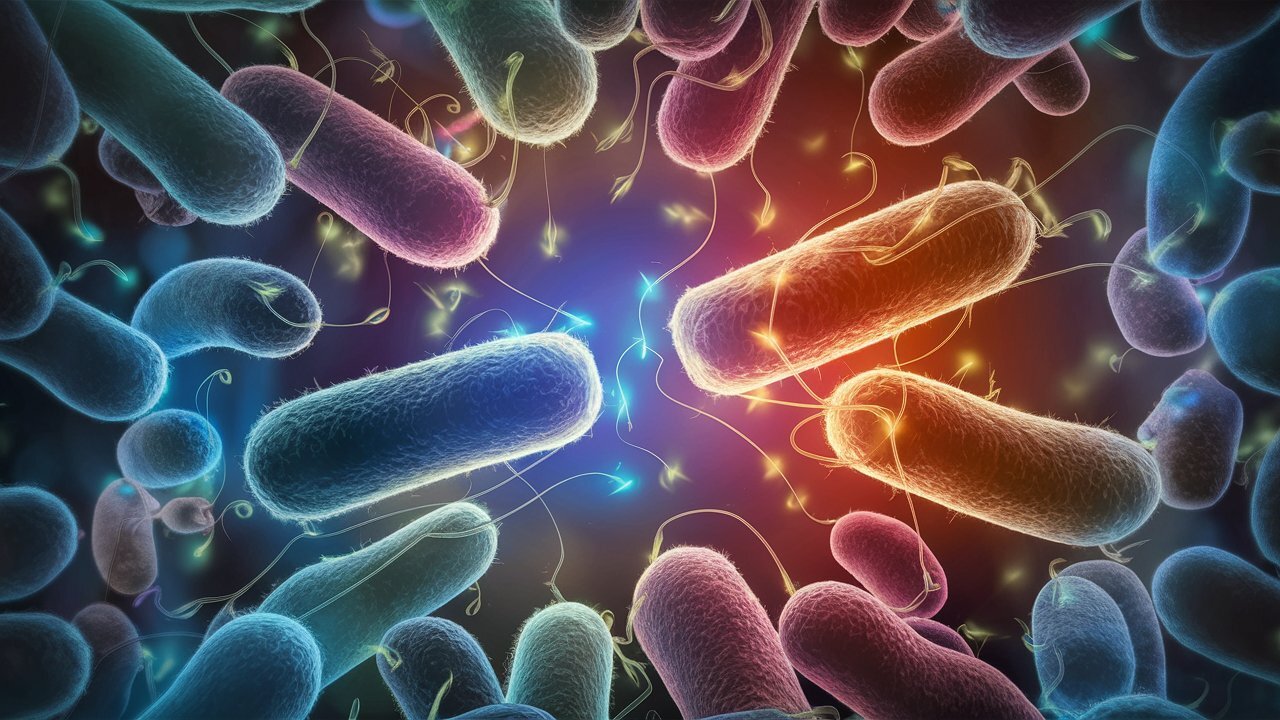When bacteria are exposed to stress, they activate genes that change their physiology, making them less sensitive to harmful substances. The production of alarmone proteins allows bacteria to effectively transmit “warnings” and strengthen themselves in anticipation of the stressor by neighboring cells.
Importantly, the scientists write, this mechanism allows bacterial populations to respond efficiently and coordinately, saving energy and increasing their chances of survival. Gradual activation also promotes bacterial diversity, increasing resistance over time.
This study, published in the journal Nature Communications, sheds light on how bacterial communities adapt and defend against antibiotics, paving the way for new antibiotic treatments.
News materials are not equivalent to a doctor’s prescription. Consult a specialist before making a decision.
Source: Ferra
I am a professional journalist and content creator with extensive experience writing for news websites. I currently work as an author at Gadget Onus, where I specialize in covering hot news topics. My written pieces have been published on some of the biggest media outlets around the world, including The Guardian and BBC News.










